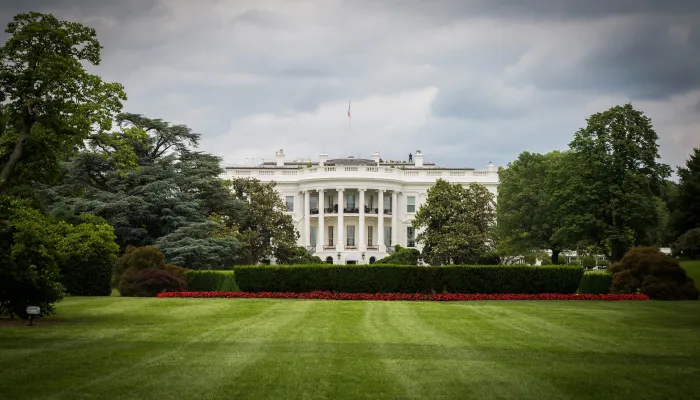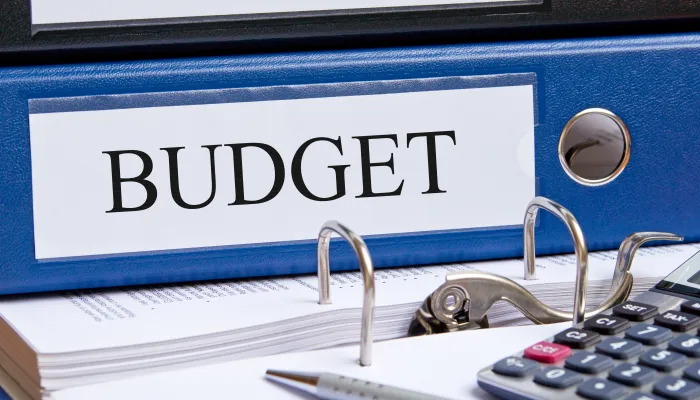Op-Ed: Proposing the Unprecedented to Avoid Default
New York Times | January 14, 2013
The elbow room the government has given itself on the debt ceiling is quickly approaching, and there are a numbers of ways to deal with it. But only one would be both fiscally and economically responsible.
We can run out the extraordinary measures keeping the nation's credit card working, and once again threaten to default if policy makers can't agree to lift the ceiling to cover the bills we have already racked up. The mere threat is likely to create enough economic uncertainty to do real harm, and actually defaulting would be catastrophic.
Skip the gimmicks and reach an agreement for a long-term solution to the nation's growing debt.
We could use various money-minting gimmicks or legal maneuvers to avoid the ceiling, while avoiding the reality that the ceiling is a reminder that we are borrowing way too much. Rather than heeding all the warning signs, Congress and the president would prefer to find new and creative ways to kick the can down the road. At some point, this punting will cause tremendous damage.
Or, we could own up to the fact that we have to make changes to get our nation's finances under control.
Congress should lift the debt ceiling as quickly as possible - no more 11th hour nail-biters please! -- while putting in place a comprehensive plan to bring the debt back down to manageable level.
The focus of the plan should be reforming the nation's entitlement programs that their own trustees have declared to be unsustainable. The changes should be gradual and protect those who depend on them, but align our promises with our ability to pay. Other parts of the budget from outdated programs (for instance, farm subsidies) to defense should be cut, and there needs to be a major overhaul of the outdated and anti-competitive tax code.
Even with such an agreement, raising the debt ceiling will be necessary as our borrowing will continue for the foreseeable future. In fact we want to make sure we don't cut the deficit too much or too fast while the economy is still weak.
But the responsible way to do so is along with a plan to get the borrowing under control. Any of the other options will come with a serious economic price.
What's Next
-
Image

-
Image

-
Image
